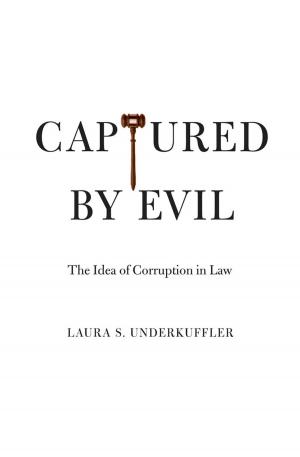Democracy in Retreat
The Revolt of the Middle Class and the Worldwide Decline of Representative Government
Nonfiction, Social & Cultural Studies, Political Science, Government, Democracy, History, Modern, 20th Century| Author: | Joshua Kurlantzick | ISBN: | 9780300188967 |
| Publisher: | Yale University Press | Publication: | March 19, 2013 |
| Imprint: | Yale University Press | Language: | English |
| Author: | Joshua Kurlantzick |
| ISBN: | 9780300188967 |
| Publisher: | Yale University Press |
| Publication: | March 19, 2013 |
| Imprint: | Yale University Press |
| Language: | English |
Since the end of the Cold War, the assumption among most political theorists has been that as nations develop economically, they will also become more democratic—especially if a vibrant middle class takes root. This assumption underlies the expansion of the European Union and much of American foreign policy, bolstered by such examples as South Korea, the Philippines, Taiwan, and even to some extent Russia. Where democratization has failed or retreated, aberrant conditions take the blame: Islamism, authoritarian Chinese influence, or perhaps the rise of local autocrats.
Since the end of the Cold War, the assumption among most political theorists has been that as nations develop economically, they will also become more democratic—especially if a vibrant middle class takes root. This assumption underlies the expansion of the European Union and much of American foreign policy, bolstered by such examples as South Korea, the Philippines, Taiwan, and even to some extent Russia. Where democratization has failed or retreated, aberrant conditions take the blame: Islamism, authoritarian Chinese influence, or perhaps the rise of local autocrats.
More books from Yale University Press
We use our own "cookies" and third party cookies to improve services and to see statistical information. By using this website, you agree to our Privacy Policy















